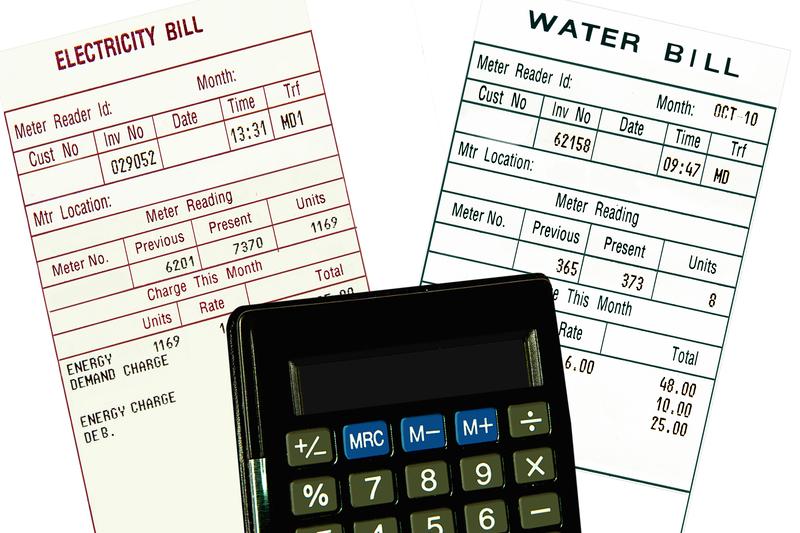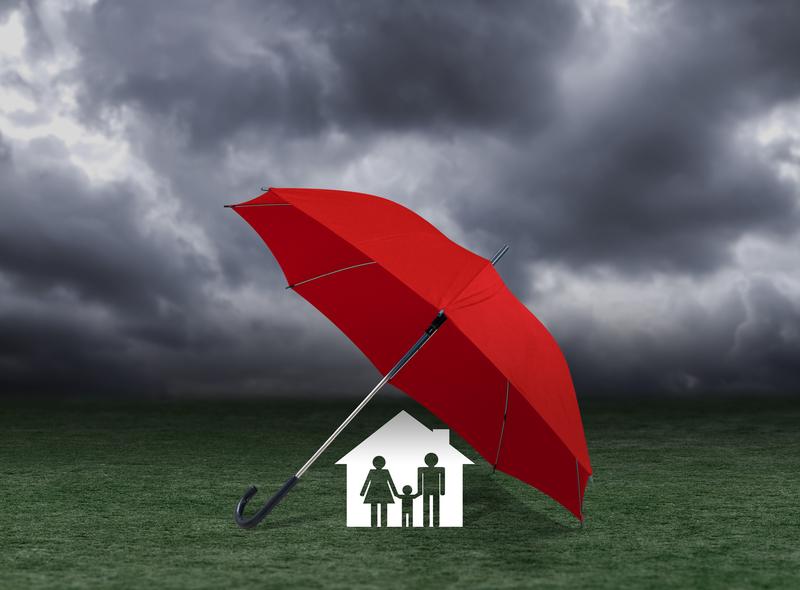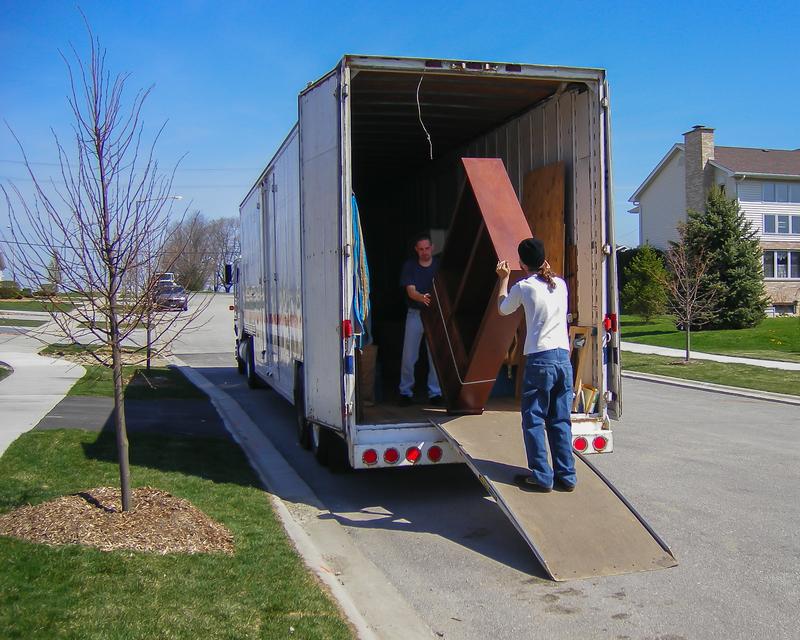
by Mrs C | Dec 4, 2020 | Blog, Health Care
Good oral health is very important because it can prevent serious diseases and infections. However, the costs of regular care can add up and you might need to consider dental insurance. Having dental insurance can help cover the costs, but make sure you review all the factors first.
Consider Your Needs
Before jumping in with two feet, take a moment to think about the needs of your family. One thing to think about is the number of people in your family. If you have a relatively small family, it may be easier to pay out of pocket since you will have fewer people to cover the cost of. Larger families may struggle making out of pocket payments. You can also consider the hygiene of your family. If everyone practices good oral hygiene, you may have less need for dental care and it would be easier to pay out of pocket every once in a while. You should also consider how feasible it would be to pay for more serious needs. While you might be able to afford regular cleaning out of pocket, it may be harder to cover other unexpected dental work including braces.
What’s Not Covered
It’s also important to know what is and isn’t covered by insurance. This can help you know whether or not it will be worth it for your specific needs. For example, cosmetic dental work such as dentures or veneers are not always covered. Traditional dental veneers can typically cost up to $1,500 per tooth. Certain oral surgeries and other services might not be covered. This includes root canals, crowns, or implants. There are some plans that may provide money towards these services, but it’s still likely that you will be responsible for the majority of the cost.
Different Types of Plans
While considering whether or not to purchase dental insurance, you should be aware that there are different plans and their price and coverage vary. Some plans have certain requirements or limitations. In plans like this, such as a Dental Preferred Provider Organization (PPO), your costs will be lower but you have to see only dentists within the network. Plans such as Dental Indemnity Plans, give you more freedom but at a higher cost. Consider your financial situation as well as your preferences as you review different plan options.
Dental insurance can be very helpful for covering the costs of your dental care. However, dental plans are not one size fits all. Before purchasing a plan, make sure you review your needs and determine what will work best for you and your family.
Read this next: Why Many Families Go Underinsured and Why It’s Risky

by Mrs C | Dec 4, 2020 | Blog
Debt can be quite the figurative millstone around your neck. Even “good” debt, such as car loans or mortgages, is often a significant financial burden to many. While paying off all your debts can be difficult, there is a financial freedom that comes from being debt-free that makes the effort well worth it.
Prioritize High-Interest Debt
Interest is one of the potentially frustrating aspects of taking loans or having debt. It’s the price you pay to use money that isn’t yours, and means that by the end you pay more than you borrowed, potentially far more. Different debts will have different interest rates. The higher the interest rate, the more money you’ll have to pay out by the end of it. Focus on paying off debts with the highest interest rates first. This will help you save some of your money that can then be put towards paying off other debts. This method does have some pros and cons you’ll need to weigh, but it is an effective method if it works for you.
Use Raises and Bonuses to Pay Debt
Receiving raises and bonuses at work gives you extra income that can be a great way to pay your debts off sooner. You’re already accustomed to living off of what you had been making, Putting the extra towards your debts shouldn’t be too much of a burden, especially if you were already living within or below your means. You can use the additional money to make extra payments towards your credit card debts, car loan, or even your mortgage. Advanced payments on your mortgage help reduce the total amount of interest you will pay over the life of the loan.
Consolidate Your Debt
If you have multiple forms of debt, it can be tough to keep track of all of them. Managing separate due dates and payment amounts can be tricky. Making a mistake can create an unnecessary financial burden to correct. You may find it beneficial to consolidate your debt. Take out a low interest loan to cover debts with higher interest and work to pay off one debt instead of multiple to save some money and your sanity.
Becoming debt-free is possible. Work on eliminating your debt by prioritizing debt with high interest rates, use any raises or bonuses to pay it off, and consolidate your debt if it makes sense for you to do so. It takes a lot of time, work, and discipline, but the freedom that comes from being debt-free is truly liberating.
Read this next: More Ways to Save Money on Your Utility Bills

by Mrs C | Dec 4, 2020 | Blog
Having a family can get expensive, but when you already have a car to get your family around, you can use it to make a little money on the side as well. It has never been easier to use your car to make extra cash for your family, so you may as well start now and see how much just a little work can help you out!
Join a Delivery Service
One great way to use the family car to make extra money is joining a delivery service. Right now, there are many opportunities to deliver goods as a freelance driver. From groceries to take out, drinks, and even packages, there are tons of options for delivery services looking for new drivers every day. These jobs are great because they offer flexibility and you can create a schedule that works for you.
Make sure to research the various services first so you can find a side hustle that meets your needs, your schedule, and makes sense with your life. Whatever your needs, you can surely find a delivery position that will work for you.
Wrap Your Car
Another great and much more passive way to make money from your car is to get it wrapped and work as a traveling billboard. This works especially well if you already drive a lot, as in most cases you are paid for the amount of driving you do.
You will need to take the time to get your car wrapped, but once it is done, just doing your normal driving can make you money every day. Plan carefully for when to wrap your car as wrap installations typically take around 3 or 5 days to complete. But once it does, you have an easy way to make money built into every trip you take.
Drive for Rideshare
Ridesharing has become more and more popular in recent days, and there are plenty of ridesharing apps to look at and join. If you like driving around and meeting new people, this can be a great way to earn extra money with your family car. There are certain requirements of ownership and insurance that you will need to meet, but once you’ve met the guidelines, your car is good to go on your money-making journey.
Taking advantage of your family car is a great way to make money and still have the flexibility to do the things you want to do. Start putting your car to work today and make money driving around town.
Read this next: More Ways to Save Money on Your Utility Bills

by Mrs C | Nov 25, 2020 | Blog
They say the only two certainties in life are death and taxes, but bills might be a strong contendant as a third certainty. From credit card bills to utility bills, most people have them and put a lot of money towards them. In the case of your utility bills though, there are some things you can do to save money.
Talk to Your Utility Company
Sometimes it’s hard to know where to begin when it comes to saving money on your utility bills. If you don’t know where most of the costs are coming from, how will you know where to focus your efforts? Try giving your utility company a call. They may be able to provide you with insight and suggestions for how to save money. Ask if there are any kickbacks or incentives they offer that you can take advantage of. Check to see if your power company offers a budget billing option that turns your bill into a flat rate based on your average bill rate. This can make it easier to anticipate the cost of your bills and avoid having to pay much higher bills during more extreme weather conditions.
Adjust the Temperature
Heating and cooling your home is responsible for a significant portion of your power bill. Because it’s such a strong percentage, making changes to your thermostat settings can have a real impact on your bill. It is important to adjust temperatures when you aren’t home. There is no need to be heating or air conditioning your home to the same degree when no one’s there. This is a prime opportunity to save money on heating or cooling your home. If you have a programmable thermostat, you can program it so that it starts to return your house to a more comfortable temperature before you return home.
Run Appliances at Night
Some utility companies charge different rates depending on when you use the utilities. If you’re running your appliances during peak hours, you may be getting charged more than you would outside of those hours. You can check your outdoor meter to see if you could be getting charged different rates at different times. Try running your appliances at night and see if you notice a difference on your next bill.
Utility bills can get very expensive very quickly. To save money on your utility bills, try talking to your utility company, adjusting the temperature on your thermostat, and running your appliances at night. You may be pleasantly surprised by the results of applying these cost saving methods the next time you see your bills.
Looking for more ways to save? Check out our resources!

by Mrs C | Oct 26, 2020 | Blog
Insurance is there to protect you and your property. However, sometimes it’s hard to know the reason you need insurance. Besides the fact that to get a mortgage you often need insurance, there are many ways that insurance protects you as a homeowner. In fact, it’s hard to imagine being a homeowner w
Reduce Liability
As a homeowner, there are several incidents that you will take responsibility for. If there is a piece of your property that injures another person, you are expected to take responsibility. Accidents happen, no matter how careful you are. That’s the point of insurance. But sometimes things happen to other people on your property, and they hold you legally at fault. Insurance helps protect you in these cases.
That isn’t the only way it reduces liability. Home insurance also helps protect other people. If someone gets injured on your property, your home insurance can help cover their medical bills. Just remember to do regular maintenance on your home—accidents traced back to accidents may not be covered.
Damage Restoration
Do you ever wonder what you would do if your house went on fire? Home insurance helps with that. If a fire starts in your house, home insurance can pay for repairs. In the absence of serious damage, a house fire can leave you dealing with other consequences that require cleanup. You might have smoke damage, for example. Home insurance helps pay for these repairs.
Even if there isn’t a serious disaster that does serious damage to your home, home insurance can also cover other repairs. This includes things like sheds, fences, and furniture.
In the case of natural disasters, it’s worth it to look into what disasters happen in your area. Examine whether your insurance covers that particular type of damage. For example, sometimes it is necessary to not only get home insurance, but to get flood insurance as well.
Additional Living Expenses
Sometimes a natural disaster or a fire will keep you from being able to live in your home until repairs are finished. Most people cannot afford to pay for a surprise stay in a hotel for a week or two. Home insurance covers these costs through additional living expenses coverage (or ALE). If this situation ever comes up for you, remember to ask your insurance company questions about what is covered under the category of ALE.
It’s hard to imagine being a homeowner without the extra peace of mind that home insurance can provide for you. Hopefully this list helps you understand that home insurance is not superfluous—it’s an important part of being a homeowner.
Read this next: Why Many Families Go Underinsured and Why It’s Risky

by Mrs C | Oct 22, 2020 | Blog
At some point in time, most people end up moving to a different state. This could be for education, to follow a career path, or in an attempt to get a fresh start at life. Moving to a different state is different from moving within one, though. There are some expenses you should take into consideration before making the decision to move.
Cost of Living
Anyone who’s paid bills in different states knows that the cost of living can vary greatly from state to state. The cost of living is highest in California, closely followed by New York. Mississippi, on the other hand, has a cost of living that is thousands less. The price of your mortgage, healthcare, and even groceries can vary significantly from state to state. This can have a huge impact on your household budget, especially if your income doesn’t change to match. Look carefully at how your cost of living will change and how it compares to what your income will be before you move.
Taxes
Taxes are considered part of the cost of living. Along with the other facets involved, it will vary from state to state. Each state dictates what citizens should be paying in income taxes, sales taxes, and property taxes. This extends to building custom homes in addition to those already built. Building a custom home can mean a number of city and state taxes. Part of your research before moving to a new state should include a closer look at what you can expect your taxes to look like.
Transportation
Transportation may not be one of the things you think about first when considering the cost of moving to a new state, but it should definitely be on the list. There are some cities with great public transportation systems, while others don’t have much infrastructure to support such systems. Depending on where you move to, you may need to purchase a car. Consider your commute to work as well. If you move to a state that has toll roads you need to use to get around, you’ll need to plan that into your budget.
There’s a lot that goes into the decision to move to a new state. Financial considerations should be given a good amount of priority when making the decision. Think about things like the cost of living, what tax rates you’ll have to pay, and how you’ll be paying for transportation. If all of that works into your budget, that’s one less thing you’ll need to be concerned with.
Want more money-saving tips? Read this next: How to Be More Mindful of Your Living Expenses






